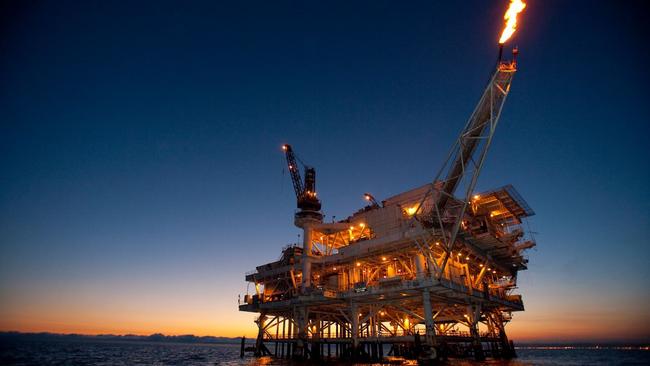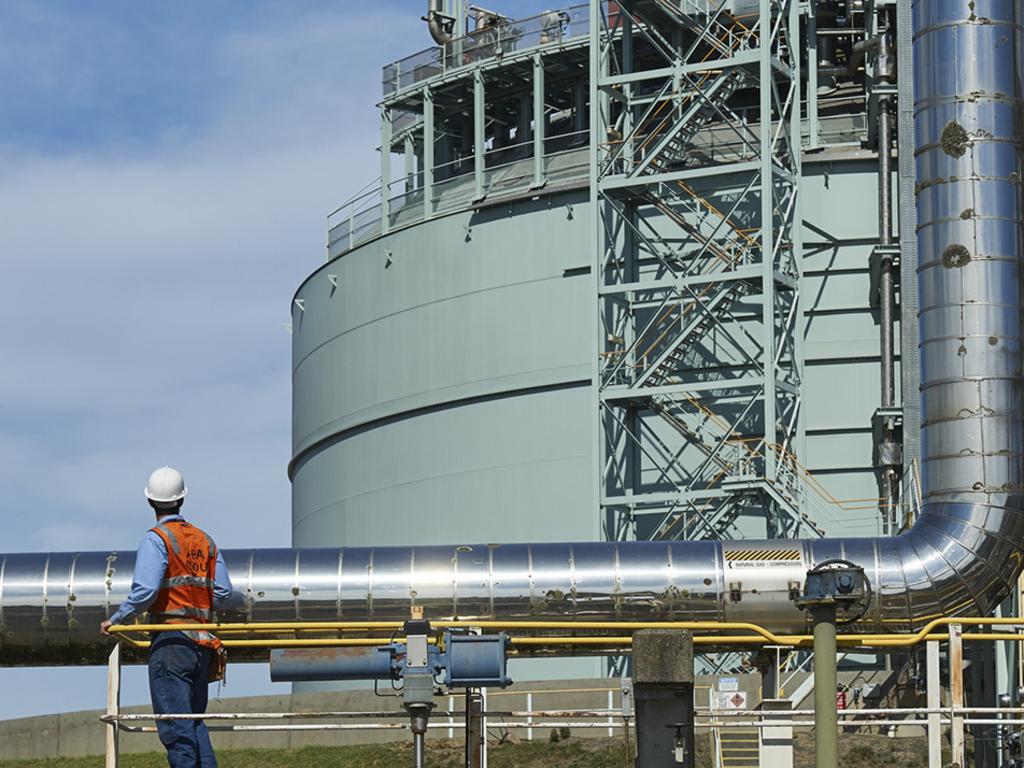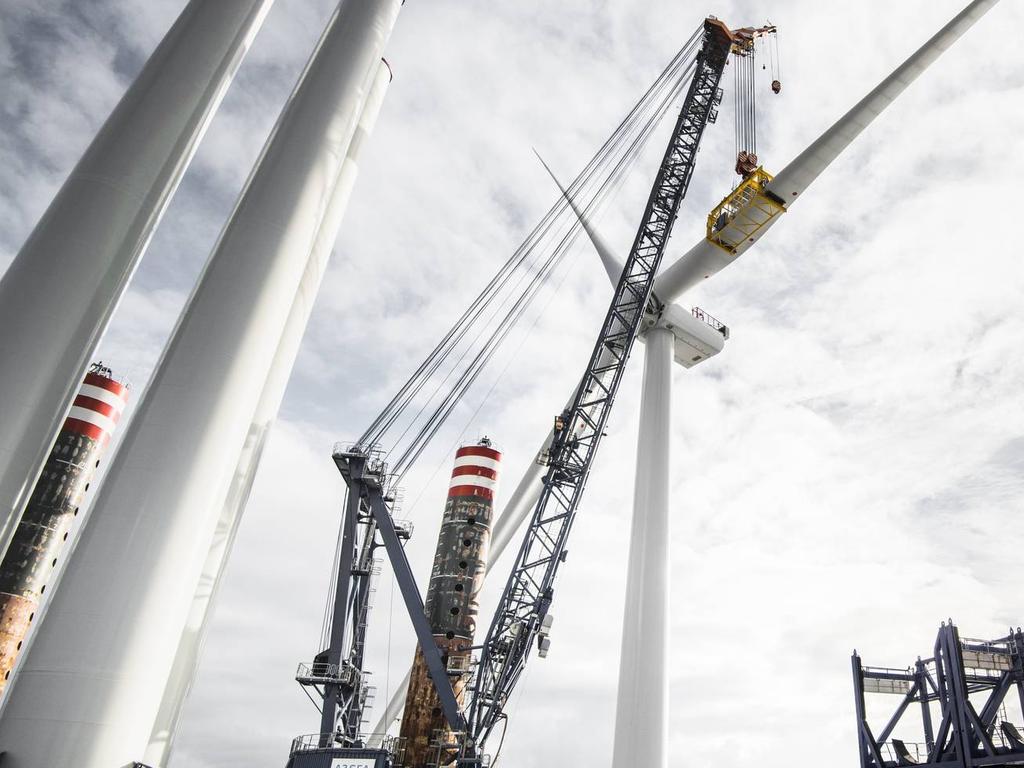Climate the hot topic at fossil fuel gabfest, APPEA’s Oil and Gas conference

Much has changed over that time and not just because of Covid-19, which has hit so many business models. It is the gigantic carbon emissions challenge for the industry. Climate change will surely get an airing in every panel, and again this is something not conceivable just a year ago even by the most enthusiastic environment, social, governance (ESG) activists.
Among the biggest multinational oil and gas companies, two models appear to be emerging as a big bet on the future.
The Europeans – BP, Shell and increasingly the French Total – have a strategy that will take them from an oil and gas business to an energy business with huge investments in renewables, ranging from wind, solar and batteries to hydrogen, which has become the new black in energy. The big companies that built the giant offshore oil and gas rigs could be the ones to build the next wave of giant offshore wind power.
In contrast, The Americans Chevron and Exxon are focusing on extracting oil and gas ever more efficiently and using technology to lower emissions in the process. This could mean innovations like carbon capture and storage or just better management. The thinking is that regardless of the ESG hype, the world will continue to need fossil fuels for many years to come and that investment in renewables is costly with what looks to be lower returns. Furthermore, at a geopolitical level, China is still building coal mines to power the manufacturing demanded by the West. So is India. And when the last sensible molecule is extracted, these businesses will have the wealth to buy into the new energy market through acquisitions.
Australia’s biggest oil and gas companies Woodside and Santos are both on the blue hydrogen train but it will be interesting to see which direction they take. Both are using solar energy to power some of their operations. Woodside has planted 3.6 million trees and has plans for a major solar project on the Burrup Peninsula which would supply gas customers.
Our publicly listed oil and gas companies, like the big multinationals, are under growing ESG pressure. The triple whammy for the sector from around the world last month has also moved the dial: the International Energy Agency’s net zero report calling for no new oil and gas investment; the Dutch court directing Shell to cut carbon emissions by 45 per cent by 2030; and shareholder pressure at both Chevron and Exxon.
At Exxon activists now have two board seats because some huge mainstream investors like Blackrock backed them in. A tiny hedge fund, Engine No. 1, which owned just 0.02 per cent of Exxon stock, now has two seats on the board of the mighty multinational. What they are able to do with this access is yet to be seen.
Industry funds in Australia are full of ESG talk and publicly don’t like fossil fuels much. Yet their members include those whose jobs very much depend on the oil and gas sector. Labor’s split over the last two years on Santos’ Narrabri development is a case in point.
The problem for oil and gas continues to be that climate change activists see the world in a very binary sense. There is no talk of the collateral environmental cost of production or maintenance of renewable infrastructure built on the sort of scale required to replace fossil fuels. There is singular focus on CO2 rather than water or landfill pollution. There is little talk about the human misery of those in the third world without power in places like India, little talk about our lust for manufactured goods, little talk about how the world can be sure China has reached net zero emissions if and when it says it has, and very little talk about the drop in emissions achieved by replacing coal with gas as the transition fuel.
Unfortunately, oil and gas lacks the retail interface that power retailers like Origin and AGL enjoy.
Communicating what an important role responsible oil and gas development has in coming decades is a work in progress. And yes, particularly to those in the next generation who buy fast fashion and have never ever used a Hills hoist.
There is however, a very large amount of money sloshing around the world looking for a home with good returns on investment. Much of that now is private money. If the listed market dries up and it all becomes too hard for oil and gas businesses, will they still be public companies by 2050?
Let us hope so, because big multinational energy companies of all colours should have a public level of accountability, preferably through the market.







There are over 1500 delegates gathering in person in Perth this week. APPEA’s three day oil and gas conference is back and physical – an idea that seems incredible given the ad hoc state lockdowns of the past 12 months.